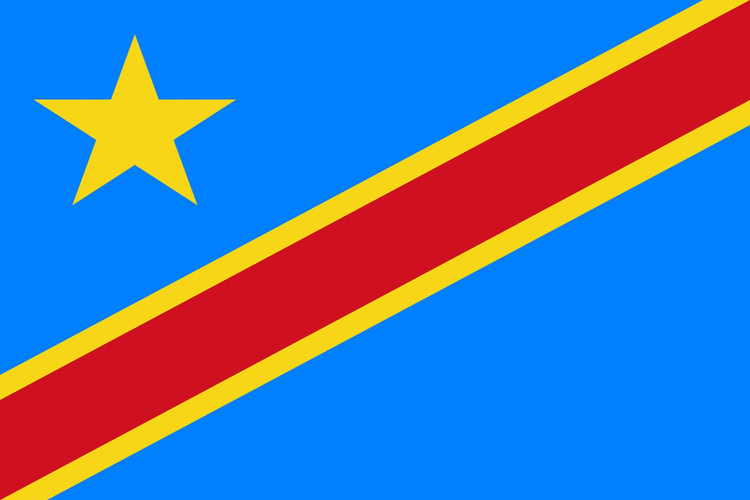An International Atomic Energy Agency (IAEA) team of experts today completed a nuclear security advisory mission in the Democratic Republic of the Congo, which was carried out at the request of the Government.
The scope of the two-week International Physical Protection Advisory Service (IPPAS) mission included the legislative and regulatory framework for nuclear security, the physical protection of nuclear material and facilities, and the security of radioactive material.
The IPPAS team visited the Regional Centre for Nuclear Studies in Kinshasa, where two research reactors and a storage facility for low-level radioactive waste are located. One of the reactors is in shutdown and the other has been dismantled. In addition, the team visited copper and cobalt mines near the city of Kolwezi, in the country’s southeast.
The team observed that the nuclear security regime in the Democratic Republic of the Congo is well established and provided recommendations and suggestions to further enhance it. Good practices were identified that can serve as examples to other IAEA Member States to help strengthen their nuclear security activities.
The team, led by Nicolas Delaunay, physical protection expert at France’s Institute for Radiation Protection and Nuclear Safety, included six other experts from Belgium, Morocco, Romania, Slovakia, South Africa, and the IAEA. The team met in the capital Kinshasa with officials from the General Commission for Atomic Energy, the National Committee for the Protection Against Ionizing Radiation, and other competent authorities.
“The Democratic Republic of the Congo’s participation in IAEA nuclear security activities and use of IAEA advisory services clearly demonstrate its strong commitment to nuclear security,” said Muhammad Khaliq, Head of the Nuclear Security of Materials and Facilities Section at the IAEA when opened the IPPAS mission. “The mission’s advice will assist the Democratic Republic of the Congo to establish a solid basis for further enhancement of the national physical protection regime.”
“The preparation for the IPPAS mission and the advice given by the international team provide a solid basis for the further improvement of our nuclear security regime,” said Muakasa Hewa Evariste, Minister of Scientific Research and Technology of the Democratic Republic of the Congo. “As the Democratic Republic of the Congo was the first country, which constructed and operated a research reactor in Africa, we are committed to cooperate further in the field of nuclear security.”
Background
The mission was the 81st IPPAS mission conducted by the IAEA since the programme began in 1995 and the second to be hosted by the Democratic Republic of the Congo after the one held in 2000.
IPPAS missions are intended to assist States strengthen their national nuclear security regime. The missions provide peer advice on implementing international instruments, along with IAEA guidance on the protection of nuclear and other radioactive material and associated facilities.
During missions, a team of international experts observes a nation's system of physical protection, compares it with international good practices and makes recommendations for improvement. IPPAS missions are conducted both on a nationwide and facility-specific basis.


